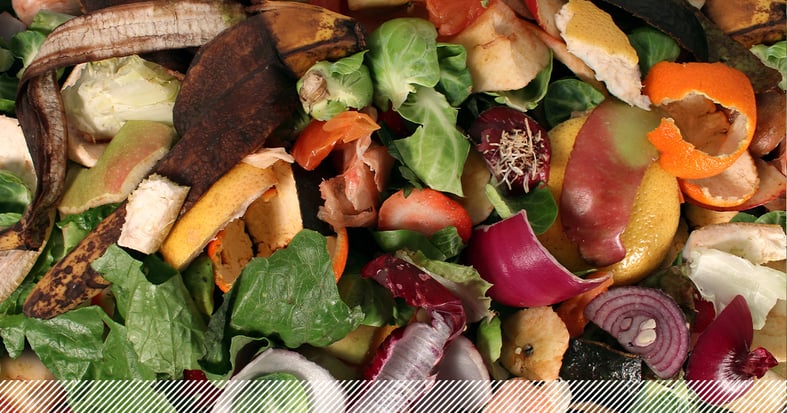
Consumer awareness of the food waste crisis has more than doubled in the past two years as rising food prices, supply chain challenges, the pandemic, and sustainability concerns are impacting consumer behavior, a new report finds.
The report by Capgemini Research Institute found that 72 percent of consumers are aware of their food waste as compared to 33 percent of consumers before 2020.
The report is based on a survey of 10,000 consumers and executives from 1,000 large organizations in food manufacturing and retail.
According to the new report, consumers are already looking into ways to reduce their food waste. There has been an 80% year-on-year growth in social media searches for methods to increase the life of food items. Cost savings (56%), concerns around world hunger (52%) and climate change (51%) are the primary reasons contributing to this.
Although consumers admit their own culpability, with 60% feeling guilty about wasting food, they also perceive that retailers and food manufacturers aren’t doing enough to help them curb this issue. Nearly two-thirds (61%) of consumers want brands and retailers to do more to help them tackle food waste and 57% are disappointed as they feel that businesses don’t care enough about the issue.
As consumer awareness around the issue of food waste grows, food retailers and manufacturers must take action to win consumer confidence, cites the report. 91% of consumers say that they are willing to buy from brands and retailers that disclose information on their food waste, while 58% will increase their spend with companies taking active steps to manage food waste.
“The increased awareness amongst consumers and the initiatives being taken by businesses to tackle food waste is a positive step forward”, said Tim Bridges, Global Sector Lead, Consumer Products, Retail and Distribution at Capgemini. “With the help of technology, organizations can track and assess food waste at every stage of the food value chain to enable action at the right time, while also engaging with their consumers by inculcating waste avoiding behaviors and making them an active participant in waste reduction. An agile, intelligent supply chain can also enable an effective collaboration across the value chain to create a sustainable and future-ready ecosystem.”
